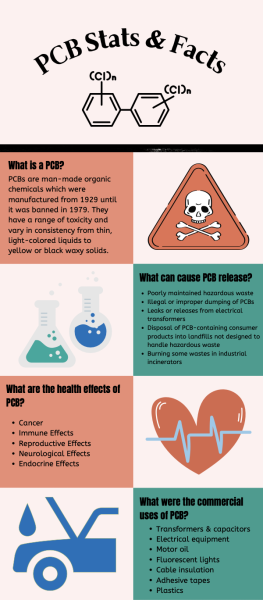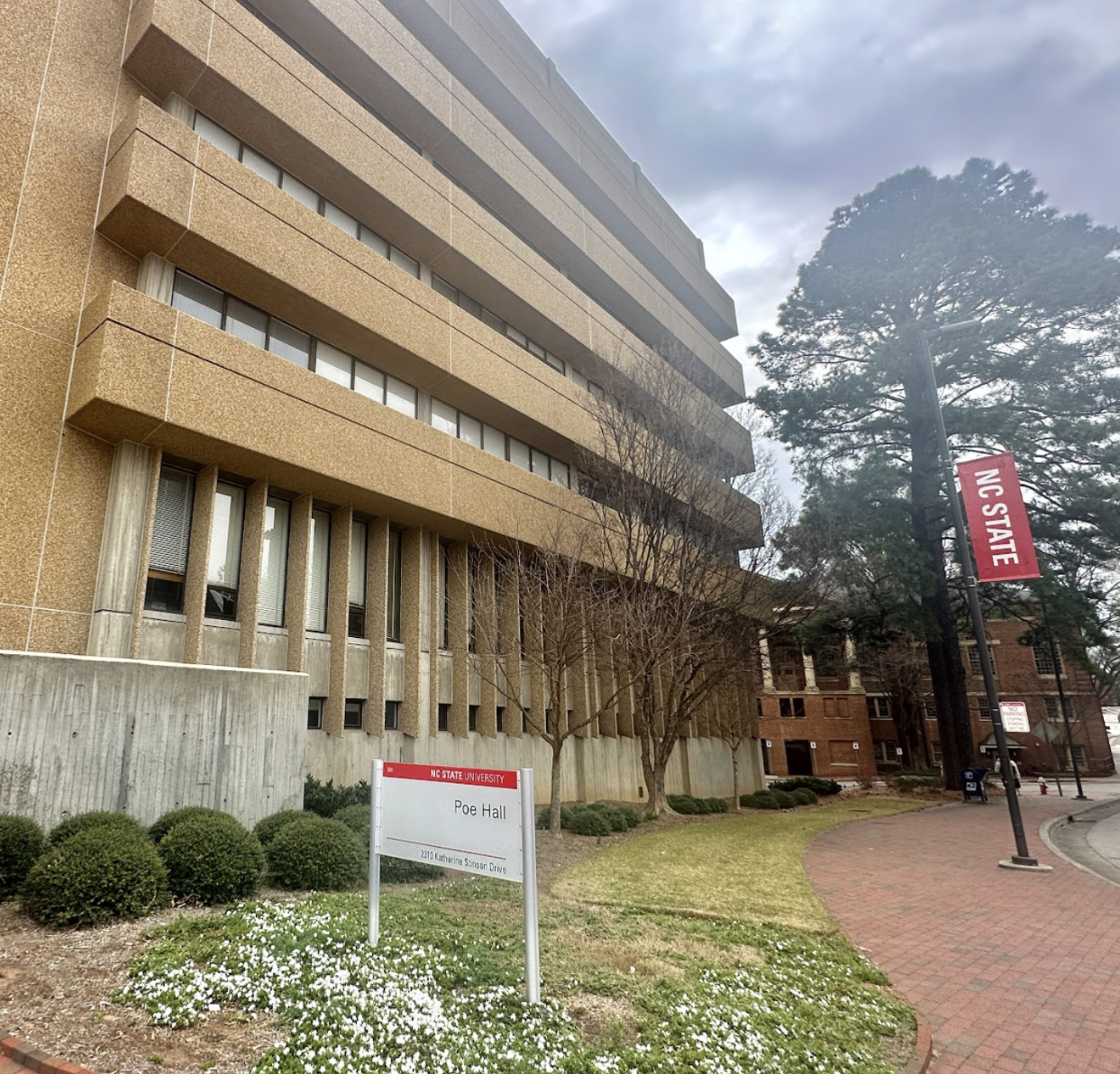NC State University established itself as an institution of higher education and research serving students and academics both locally and nationwide for more than a century since it was founded in 1887. The university received almost 45,000 applications in the 2023-2024 application season and has an acceptance rate of less than 50%. However, prospective students are currently reevaluating the reputation of the establishment due to the discovery that cancer-causing chemicals were found to be released from one of the school’s buildings.
PCBs endanger human health
Poe Hall is releasing a class of harmful chemicals known as PCBs or Polychlorinated Biphenyls. It is an illegal man-made chemical that was manufactured from 1929 to 1979 for industrial and commercial uses when it was banned due to a discovery of its correlation with long-term health issues. PCBs are harmful in numerous aspects of health, from effects on the neurological system to weakening the immune system and in more severe cases even causing cancer.
NC State facility linked to carcinogens
All the NC State students and faculty diagnosed with cancer had one common link: Poe Hall. In November, five rooms in Poe Hall had extremely high levels of PCB containing over 38 times what the EPA considers standard.
On the campus, over 100 people were diagnosed with cancer and upon investigation, all signs pointed back to Poe Hall.
Ms. Barbara Magee, a Green Hope AP Environmental Science teacher, commented on a popular phenomenon referred to as sick building syndrome that resembles the Poe Hall cases. “Sick building syndrome is when you find some contamination in the building that makes the people within the building sick. Once it’s investigated, they find different cancer clusters or something as benign as a respiratory infection. After it’s traced back, the only connection between the people in the buildings they were in,” she said.
According to Ms. Magee, NC State is a “textbook example” of sick building syndrome. Because of the harmful levels of PCBs found at the university, NC State has closed Poe Hall until the end of 2024 to reevaluate and aim to prevent further cancer diagnoses.

Environmental and human health concerns arise
The PCB leak on NC State’s campus negatively impacts the environment and the people within it. PCB is linked to numerous cancers, including breast cancer. A study done by the National Library of Medicine demonstrated that PCBs sped up death rates among women who have cancer.
Beyond the medical implications of PCB exposure, Ms. Magee discussed the potential environmental effects these chemicals may have. She described a similar situation when PCBs destroyed a nearby environment, “Crabtree Lake was completely ruined due to the leak of PCBs into it. It was listed on a national level of superfund projects – meaning it was one of the most contaminated sites in the country – and they had to excavate all of the soil in that area, then double incinerate it just to clean it up.”
PCBs can disrupt ecosystems and food webs, harming the people surrounding the environment and the organisms that live there.
Students speak out
Many students on NC State’s campus have been greatly affected by the cancer cases diagnosed. Before it was shut down, Poe Hall would see over 4,000 students and 400 faculty members daily. The building is the primary location of classes for education majors as well as some psychology classrooms.
A sophomore at NC State who wished to remain anonymous had four classes inside of Poe Hall, in addition to attending many club meetings. “Since cancer has been linked to Poe Hall, I’ve been constantly worried about my health because I spent hours on end within the building,” they stated.
“Also, not having a classroom building for the college of education impacts my schedule and my day to day routine. It [was] so nice to have a building dedicated to educators, but we no longer have that,” they said. Instead, classes that used to be in Poe Hall are relocated to the alternate campus and other buildings across the main campus.
Another NC State student, Jillian Orlando, plans on minoring in psychology. “In the future I was going to take classes in Poe Hall which is central in the campus. However, now I’m unsure of where my classes will be which makes it harder to plan for my future.”
Both students agreed that they hope NC State will make plans to avoid another situation similar to this. The anonymous student said, “Honestly, I hope that nothing like this happens ever again. I hope they are more aware and cautious of how scary a situation like this can be, especially when students’ health is on the line.”
Since the health issues have been connected to the campus, NC State has released many statements promising to prioritize the health of the students, dedicating a website to releasing emailed updates about the cancer cases.















